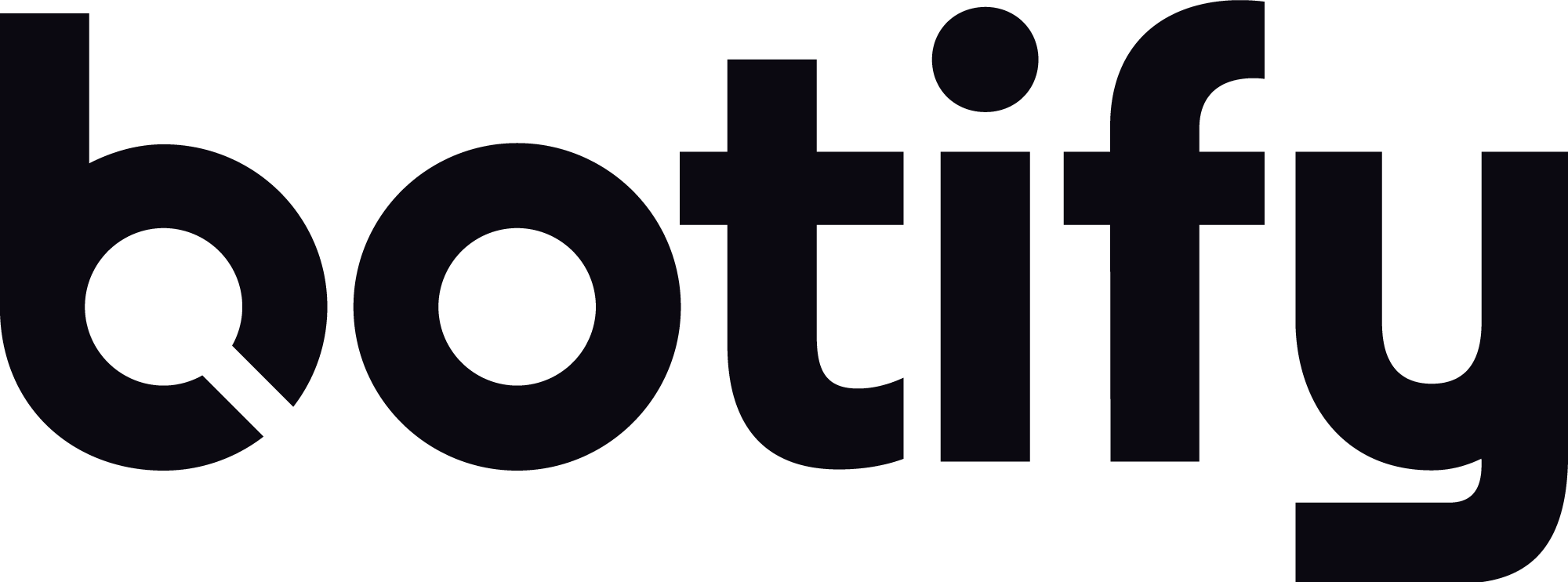Content That Ranks for Real Searcher Queries
This is part four in a multi-part series about enterprise SEO. Check out the first three installments in this series: The Future of Enterprise SEO, An Enterprise SEO Methodology: From Crawling to Conversions, and Crawl, Render, Index.
Once you know Google can find and understand your important content, how do you get your content to rank for relevant queries?
The next step in Botify’s SEO methodology after “crawl, render, index” is all about adapting your strategy to match the way real people are searching for your brand.


We’re going to walk you through how an enterprise can determine what’s being searched, from where, and on which devices. Understanding this is what will enable you to create content that satisfies those queries so Google will serve it up to interested searchers.
But before we dive into the how, we need to explore the ways an enterprise keyword strategy differs from a small business keyword strategy.
Keyword strategy: enterprise vs. small businesses
It’s important for every business to optimize their content for real searcher queries, no matter what their industry or size. However, there are a few key differences between an enterprise’s keyword strategy and that of a small business.
- The number of keywords: Enterprise organizations typically need to keep track of millions of keywords, whereas smaller businesses might only be tracking a few hundred or less.
- The number of URLs: It’s not unusual for an enterprise website to have millions of URLs, so enterprises need a way to create a keyword strategy at this scale. Small business websites often have a few hundred URLs at most.
- Audience behavior: An enterprise audience will search differently than a small business’s audience, which is why enterprises need to be able to monitor more than just a few bottom-funnel keywords. They’ll need to optimize and monitor top and mid-funnel keywords as well as long-tail keywords.
- Different usages: An enterprise organization will often have SEOs, marketers, content writers, and other professionals who all need access to this keyword data for different purposes. Enterprises need a way to make this information transparent and transferable.
All of this means that enterprise organizations need to think differently about keyword data. They need to be able to see how real people are searching and keep track of those millions of keywords across millions of URLs. Instead of scraping the SERPs for this data, enterprises can access this data while still respecting Google’s terms and services.
We’ll show you how.
How is your audience searching?
Do you know how your ideal customers are searching for what you offer?
In many cases, there’s a gap between what we think we know about our customers and what is actually true about our customers.
The only way to know for sure how our ideal audience is searching for us is by peering into real searcher behavior, which we can do with the data Google makes available to us.
Botify makes use of Google Search Console’s API that allows our customers to see the real (not scraped) queries people are using to find their website. Instead of starting from scratch or looking to competitors when creating a keyword strategy, enterprise websites can make use of the mountain of keyword data they’re likely already sitting on.
Leveraging the power of trending keywords
Do you know which of your keywords are trending upward or downward with your audience? Because Botify pulls in data from the GSC API daily, you can see in real time what searches are most popular with your audience.


How does knowing this help you? When you understand what topics are of most interest to your audience at any given time, you can use that to inform your content strategy. Focus your content creation efforts on the topics that your audience cares about and you’ll be better equipped to maximize the traffic you’re getting from organic search.
Taking control of your global presence
Not only is it critical for an enterprise to understand how their audience is searching. It’s also important to understand where your audience is searching from.


Global enterprises need visibility into the entire search process, and that includes how their international audiences are finding and engaging with them. This allows you to ensure that you’re serving up the most relevant content to international audiences.
Optimizing for the devices your audience is using to search
Knowing what devices your audience uses to search for you is another critical step in ensuring your content meets searcher expectations. That’s why the Botify platform allows you to segment your keywords by device.


It’s one thing to understand that our audience has different behaviors on mobile than they do on desktop and tablet. It’s another to be able to actually see those differences. Once you understand how your audience is searching for your brand, you can work toward making improvements that increase your visibility in search engines.
Mapping each URL to its keywords
Not only do enterprises need to be able to understand how their audience is searching, but they also need to be able to keep track of which URLs are ranking for which keywords. When you have potentially millions of URLs and keywords to keep track of, this is a must.
That’s why we created a report in Botify that maps your content to the keywords its ranking for. See an itemized list of your URLs and which keywords they rank for.


Real searcher data produces real results
Because enterprise websites are so large, they’re typically already ranking for thousands of keywords. The problem is, they’re often ranking less optimally than they could. By identifying real searcher behavior, enterprises are able to understand how to improve their content so that Google will serve it up to our ideal customers when they’re searching for it.
Doing this is what enables enterprise websites to earn highly-qualified, revenue-driving traffic from organic search, which is what we’re going to discuss in our next and final installment of our SEO methodology series. Stick around to find out how enterprise websites can drive revenue from organic search, and how they can connect every SEO effort to specific results for better attribution and undeniable ROI.





